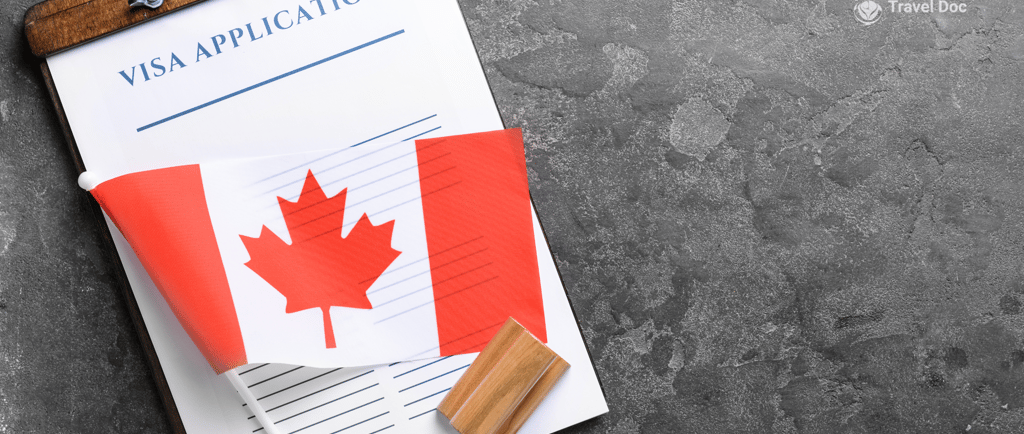Canada Implements Stricter Regulations on Flagpoling: Updated Guidelines for Work and Study Permits.
"Flagpoling," a practice in which temporary residents depart and re-enter Canada to expedite work or study permit applications, has been prohibited by the Canadian government. The objective of this action is to guarantee that frontier services are exclusively reserved for new arrivals.


Canada has recently enacted more stringent regulations concerning flagpoling, a practice in which foreign nationals exit and re-enter the country to activate or renew work and study permits. The objective of these new regulations is to address apprehensions regarding the exploitation of this system and to guarantee that applicants are adhering to immigration policies. The government is urging individuals who are pursuing permits to investigate alternative options and is emphasising the significance of adhering to proper procedures. Consequently, individuals who intend to flagpole may encounter delays and heightened scrutiny. The modifications are indicative of Canada's dedication to the preservation of its immigration system's integrity while simultaneously accommodating the requirements of international students and labourers. It is imperative that applicants remain informed in order to prevent unforeseen obstacles in their permit applications as these new guidelines are implemented.
What is Flagpoling?
In Canada, flagpoling is the act of temporarily resident foreign nationals briefly exiting the country, frequently to the United States or St. Pierre and Miquelon, and then promptly re-entering to request immigration services, such as work or study permits, at a port of entry.
People have employed this approach to circumvent the standard processing periods associated with online applications through Immigration, Refugees and Citizenship Canada (IRCC).
New Regulations: Flagpoling ceased to be permissible.
The Canadian government has adopted a resolute rejection of this practice. The issuance of employment and study permits to flagpolers at ports of entry will cease at 11:59 pm ET on December 23, 2024.
Why is Canada discontinuing flagpole flying?
This action is intended to guarantee that immigration services at border points are exclusively available to individuals who are legitimately entering Canada. However, immigration officials underscore that these services are intended for new arrivals, rather than for the processing of applications or renewals from transitory residents who are already in the country.
How will this affect temporary residents?
Applicants for work or study permits or to renew their temporary residency in Canada must now submit their applications through the IRCC's official channels. People who attempt to flagpole for these permits will be directed to the IRCC system unless they qualify for specific exemptions.
Previously, international students and labourers have depended on flagpoling to expedite their permit processing. This policy shift directly affects them. This regulatory update was necessary due to the fact that the practice, although convenient, imposed an additional burden on border resources.
Other Alternatives for Work and Study Permits
To accommodate these new regulations, transient residents should:
Submit applications online: Utilise the online portal provided by the IRCC for the submission of all work and study permit applications.
Advance Planning: Keep in mind the processing timeframes and submit your application well in advance of the permit is expiration.
Consult the IRCC Resources: In order to guarantee that the new regulations are adhered to, ensure that the eligibility criteria and guidelines are reviewed on the official IRCC website.
Limited Exemptions
Authorities may permit restricted exceptions to flagpoling, despite the fact that it has been largely prohibited. On the other hand, they typically advise individuals who are endeavouring to flagpole for a work or study permit to submit their application to IRCC.
